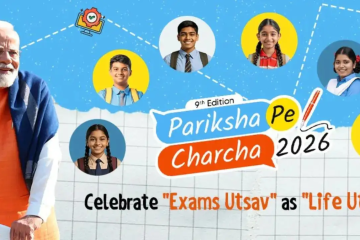Supreme Court’s Intervention in NEET PG Exam 2023

Introduction
The NEET PG exam, a crucial gateway for aspiring medical professionals in India, has recently been at the center of legal scrutiny involving the Supreme Court. This examination not only assesses the competency of candidates for postgraduate medical courses but also raises significant questions regarding the integrity of the educational process in India.
Supreme Court’s Ruling and Its Context
On October 10, 2023, the Supreme Court of India issued a pivotal ruling concerning the NEET PG examination after a petition was filed challenging several guidelines issued by the National Board of Examinations (NBE). The petitioners argued that the current framework for the examination lacked transparency and fairness, which could jeopardize the future of thousands of medical students. The Supreme Court upheld certain aspects of the NEET PG guidelines while also mandating a review of practices considered detrimental to prospective candidates.
This decision comes in the backdrop of the ongoing debates surrounding the examination’s fairness, especially in the wake of the pandemic, which has disrupted normal educational processes. Many students expressed concerns that the format and difficulty level of the exam may have been adversely influenced due to changes in the examination pattern implemented as a response to COVID-19.
Impact on Medical Aspirants
The Supreme Court’s involvement is expected to bring about critical changes in the way NEET PG assessments are conducted. Students are hopeful that increased transparency and fairness will stimulate enhanced preparation environments, ultimately benefiting their career prospects. The court has also directed the NBE to ensure that the examination structure is revisited to include provisions that account for various applicants’ circumstances, particularly those impacted by the pandemic.
Conclusion
The Supreme Court’s decisions regarding the NEET PG exam are not just judicial moves; they represent broader concerns about educational integrity and accessibility in India. As the legal battle continues, students and educational institutions will be closely monitoring outcomes. The upcoming reforms promised by the Supreme Court could play a crucial role in shaping the future of medical education in the country. With aspirants preparing for the next round of assessments, the implications of this ruling could very well be foundational for the next generation of medical professionals. The road ahead will be significant not only for current candidates but also for the quality and accessibility of medical education in India.









